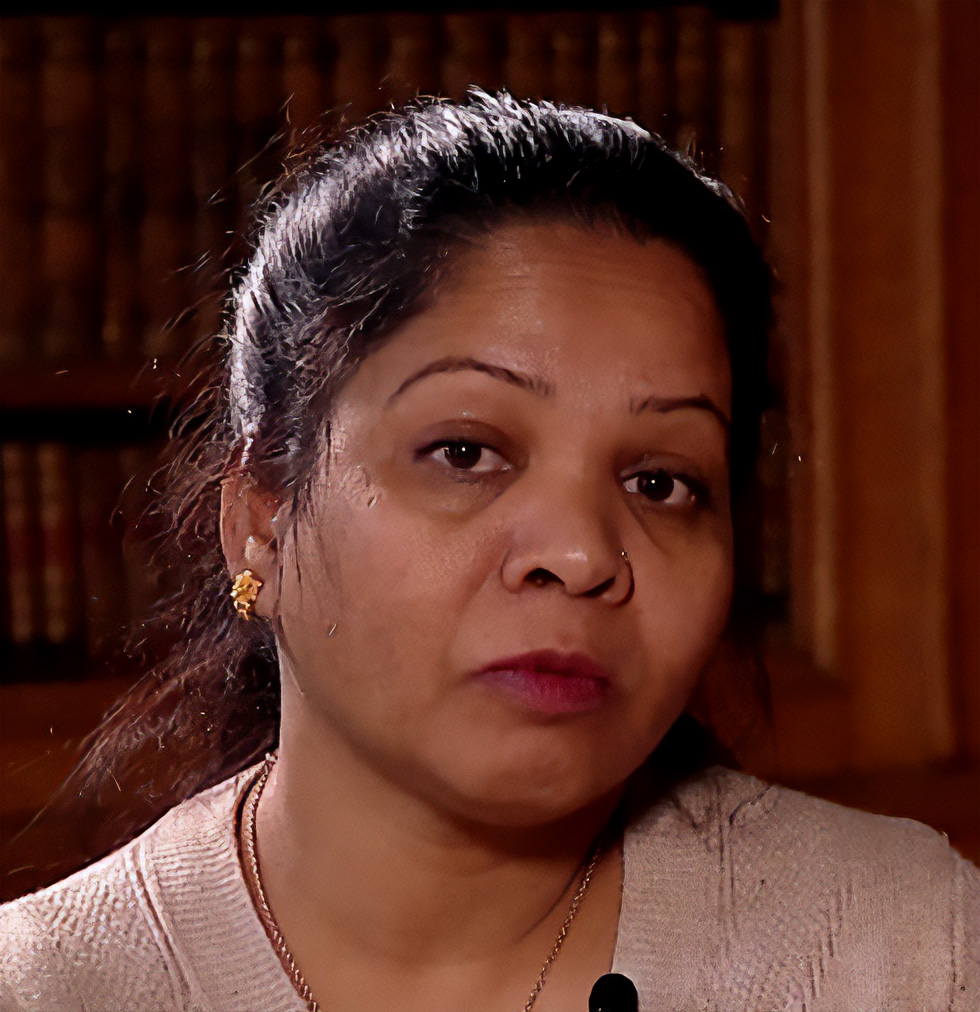Asia Bibi blasphemy case
 In 2010, a Pakistani Christian woman, Aasiya Noreen (|translit=Āsiyāh Naurīn}}, ; born ), commonly known as Asia Bibi (}}) or Aasia Bibi, was convicted of blasphemy by a Pakistani court and was sentenced to death by hanging. In October 2018, the Supreme Court of Pakistan acquitted her based on insufficient evidence, though she was not allowed to leave Pakistan until the verdict was reviewed. She was held under armed guard and was not able to leave the country until 7 May 2019; she arrived in Canada the next day.
In 2010, a Pakistani Christian woman, Aasiya Noreen (|translit=Āsiyāh Naurīn}}, ; born ), commonly known as Asia Bibi (}}) or Aasia Bibi, was convicted of blasphemy by a Pakistani court and was sentenced to death by hanging. In October 2018, the Supreme Court of Pakistan acquitted her based on insufficient evidence, though she was not allowed to leave Pakistan until the verdict was reviewed. She was held under armed guard and was not able to leave the country until 7 May 2019; she arrived in Canada the next day.In June 2009, Noreen was accused of blasphemy after an argument with co-workers while harvesting berries. She was subsequently arrested and imprisoned. In November 2010, a Sheikhupura judge sentenced her to death by hanging. The verdict was upheld by Lahore High Court and received worldwide attention. Various petitions for her release were created by organisations aiding persecuted Christians such as Voice of the Martyrs, including one that received 400,000 signatures; Pope Benedict XVI and Pope Francis called for the charges to be dismissed. She received less sympathy in comparison in the country, where some adamantly called for her to be executed. Minorities Minister Shahbaz Bhatti and Punjab Governor Salmaan Taseer were both assassinated for advocating on her behalf and opposing the blasphemy laws. Noreen's family went into hiding after receiving death threats by Islamic fundamentalists, some of which threatened to kill Noreen if released from prison. Muslim cleric Maulana Yousaf Qureshi announced a bounty of to anyone who would kill her.
On 31 October 2018, the Supreme Court of Pakistan acquitted Noreen, citing "material contradictions and inconsistent statements of the witnesses" which "cast a shadow of doubt on the prosecution's version of facts." The decision sparked protests headed by Islamist parties in major cities of the country, but was praised by human rights groups and those advocating on behalf of Christian minorities, such as International Christian Concern, Open Doors and Aid to the Church in Need. On 2 November 2018, however, the Government of Pakistan signed an agreement with the Tehreek-e-Labbaik political party (TLP), which was leading the protests; this agreement barred Noreen from leaving the country. It led to accusations that the executive was capitulating to extremists. Italy, Canada, as well as other Western countries worked to help her leave Pakistan. On 7 November 2018, she was released from the New Jail for Women in Multan. However, by Christmas, she was reported to have spent Christmas Day in some form of custody.
On 29 January 2019, a petition requesting an appeal against the court's decision to acquit Noreen was rejected, "lifting the last legal hurdle in the case and paving the way for her to leave the country." On 11 April 2019, Prime Minister Imran Khan (who had previously attacked hardliners appealing them to be calm) stated that a "complication" had delayed her departure from the country. On 8 May 2019, she landed in Canada and was reported to be doing well. The blasphemy law in Pakistan has resulted in the extrajudicial killings, incited by accusations, of over 60 people, has been blamed for dozens of communal attacks that have taken place against religious minorities on the pretext of blasphemy; it has been used by individuals as a tool for revenge against other people. Noreen was the first woman in Pakistan to be sentenced to death for blasphemy and would have been the first person in Pakistan to be executed for blasphemy under the current law. Provided by Wikipedia
Showing 1 - 1
of 1
for search: 'Bibi, Asia',
query time: 0.03s